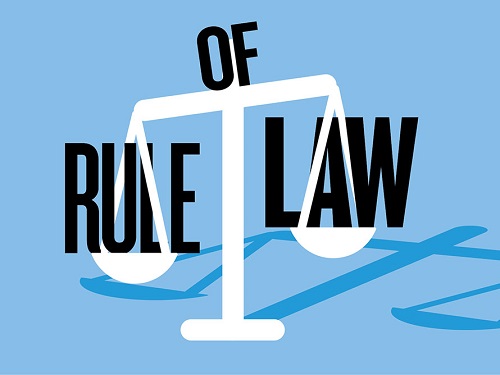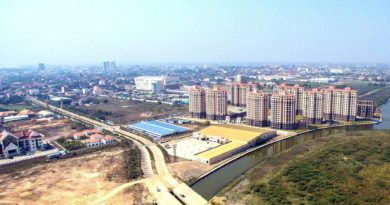Rule Of Law Key To Strengthening Laos’ Competitiveness
Source: Vientiane Times
Laos has to strengthen the rule of law if it wants to become a competitive investment destination, according to a report from the World Bank.
“The country (Laos) faces issues that include weak regulatory effectiveness, control of corruption and rule of law,” the 2018-Doing Business in the Lao PDR report highlighted in its key findings.
The improvement of regulatory effectiveness and control of corruption in the country will help the Lao government create a predictable and transparent business environment, the report explained.
The report titled “Constraints to Productivity”, available on the official website of the World Bank, also suggested that the Lao government needs to diversify its economic base to sustain economic growth.
“Decelerating GDP growth in recent years is indicative of the limitations of a growth pattern that relies on natural resources and public spending, neither of which is sustainable,” the report said.
According to data from the Ministry of Planning and Investment, Laos’ GDP growth saw a minor drop from an average of 8 percent to 7.5 percent in recent years. Growth is largely based on the inflow of foreign direct investment in mining and hydropower.
Local and international economists have expressed concern that the closure of the Sepon copper mine in 2020 due to the depletion of copper ore will have some negative impact on economic growth.
J&C Services, an independent insurance specialist and a Top Gold agent of Toko Assurance in Laos, is offering customer-specific solutions to our clients, while providing at the same time the most competitive premiums.
Try us and be surprised how much we differ if compared to other providers !
www.jclao.com / info@jclao.com / 020 77 100 200
According to the report, which is based on a survey of enterprises in Laos, many business constraints in the country have not been resolved. Among the major constraints identified by 40 percent of firms are the practices of companies in the informal sector. This implies that companies are avoiding rules and regulations in doing business.
Another issue of concern cited by many business managers in Laos is the high rate of taxation. Transport, electricity and inadequately educated workers are also identified as business constraints.
The report also highlighted that for exporters, access to finance is no longer a leading problem in doing business in Laos.
However, they agreed with other enterprises that one key problem they are confronting are the practices of the informal sector. These business groups also expressed concern about the high cost of transport and unclear trade regulations, according to the report.
The report also said different firms perceive different concerns, for example, large firms are more likely to consider workers’ education a problem, while transport is a bigger issue for medium firms, and tax rates for smaller firms.
Foreign firms identified tax rates and access to land as a bigger concern than domestic firms, the report said.




